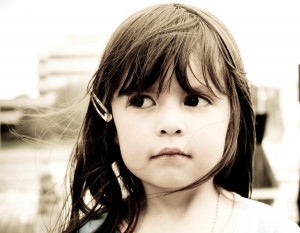 Just came across a fabulous article on Parenting.com about the questions a parent might have regarding their child’s sexuality. No matter how much we might come to accept and respect sexuality as diverse and complex, many parents secretly worry about whether their own child might be gay, lesbian or bisexual. This might because they worry they will face discrimination and their lives will be harder, less traditional, somehow unlike their own. Or they might harbour misconceptions about disease and morality or believe homosexuality is a sin.
Just came across a fabulous article on Parenting.com about the questions a parent might have regarding their child’s sexuality. No matter how much we might come to accept and respect sexuality as diverse and complex, many parents secretly worry about whether their own child might be gay, lesbian or bisexual. This might because they worry they will face discrimination and their lives will be harder, less traditional, somehow unlike their own. Or they might harbour misconceptions about disease and morality or believe homosexuality is a sin.
No matter the reason for the underlying worry, the first rule of good parenting always applies: find a way to love your child for who they are, not who you want them to be.
Author Stephanie Dolgoff explains that kids may experiment with all kinds of gender positions while young, so parents shouldn’t be concerned if their 4-year-old son dresses up like a Disney Princess or their daughter develops an obsession with playing hockey. However, evidence suggests that consistent long-term preference for clothing, styles, interests or activities usually associated with the opposite sex may well be an indication of your child’s emerging sexuality.
Even more important, experts say that there is nothing a parent does to “turn” their kid gay, just as there is nothing you can do to “turn” them heterosexual.
The most important thing: Find a way to love and accept your child for who s/he is. Not doing so can have terrible consequences. Kids facing rejection from their families are nine times more likely to attempt suicide. New research published in the medical journal Pediatrics also suggests that lesbian, gay or bisexual kids who experience strong rejection from their parents are nearly six times more likely to experience serious depression and three to five times more likely to use illegal drugs or have unprotected sex.
“You need to make the decision that your child’s happiness and safety is totally unrelated to his sexual orientation,” says Judy Shepard, cofounder of the Matthew Shepard Foundation, a group that works to foster a more accepting environment for all people, including the LGBT community. In 1998 in Wyoming, Shepard’s 21-year-old son was beaten, tortured, tied to a fence, and left to die because he was gay. “It can be hard, though. Many parents feel they are responsible. They think, ‘What did I do wrong?”
Read the rest of the Parenting.com article here.
And, as always, I highly recommend parents and kids turn to Scarleteen.com for solid, fact, based, non-judgmental sexual health information.


